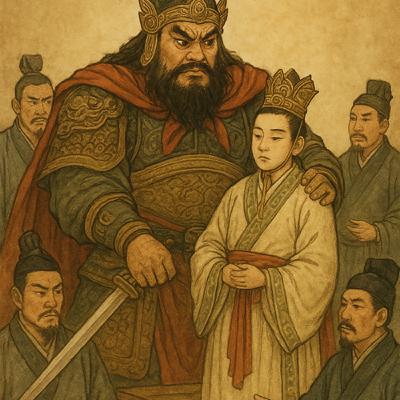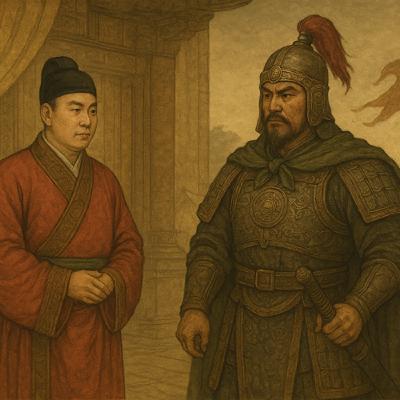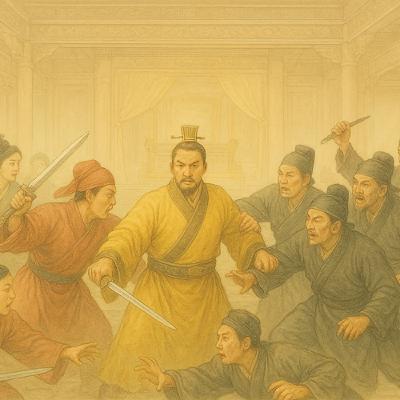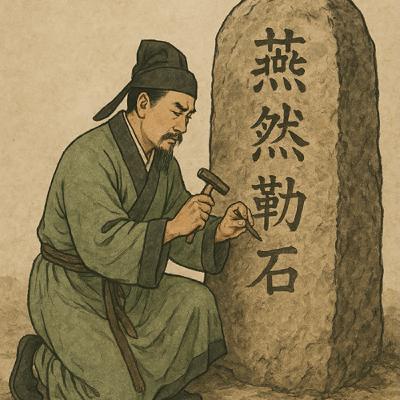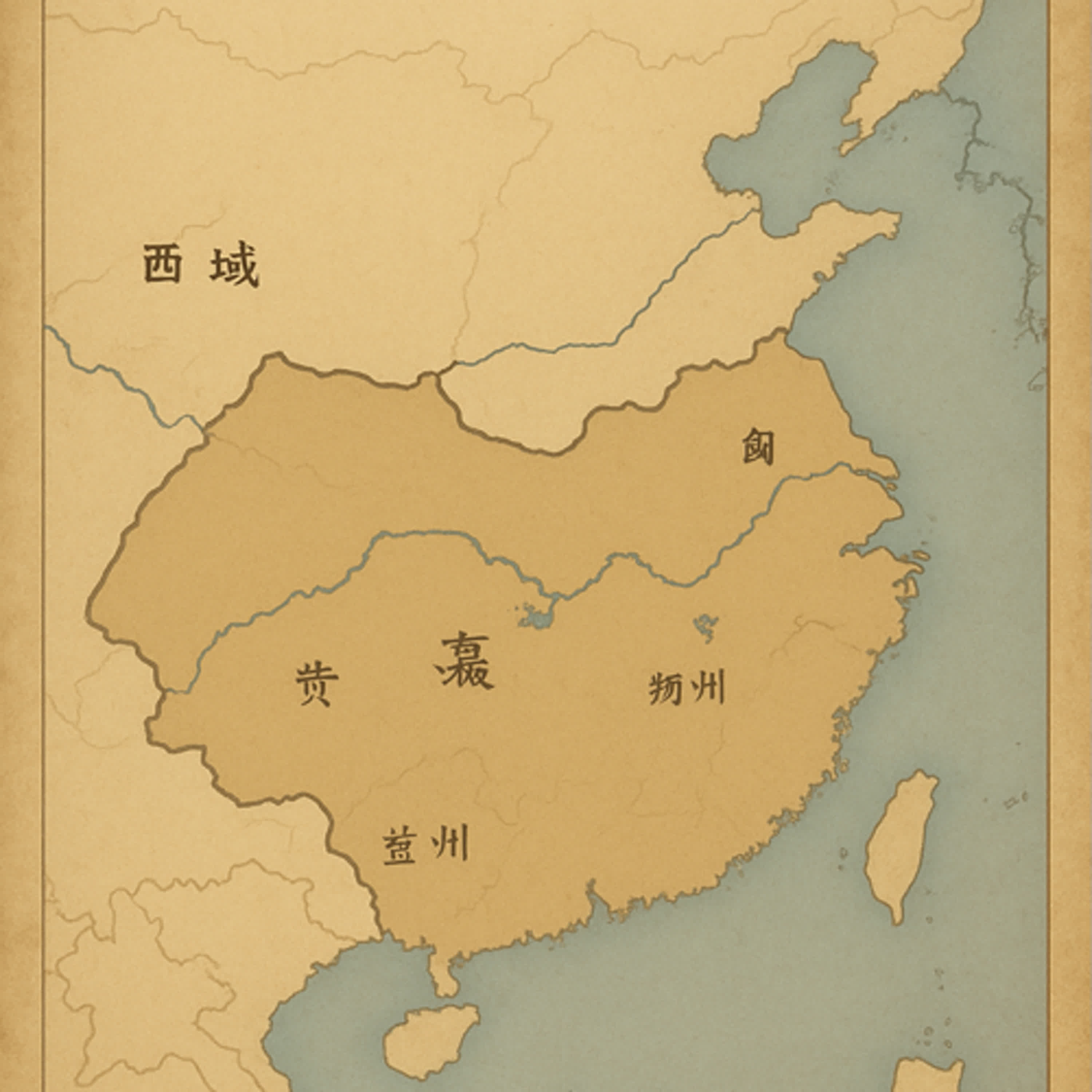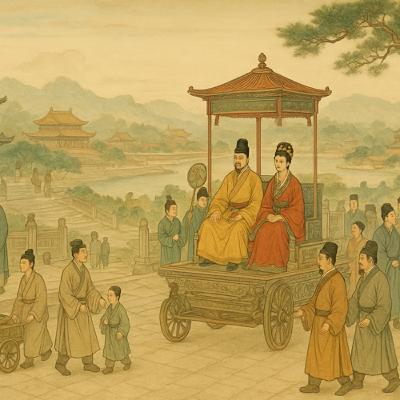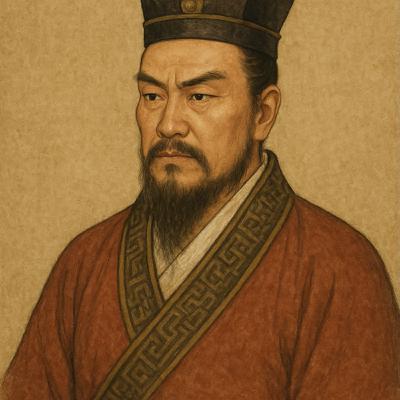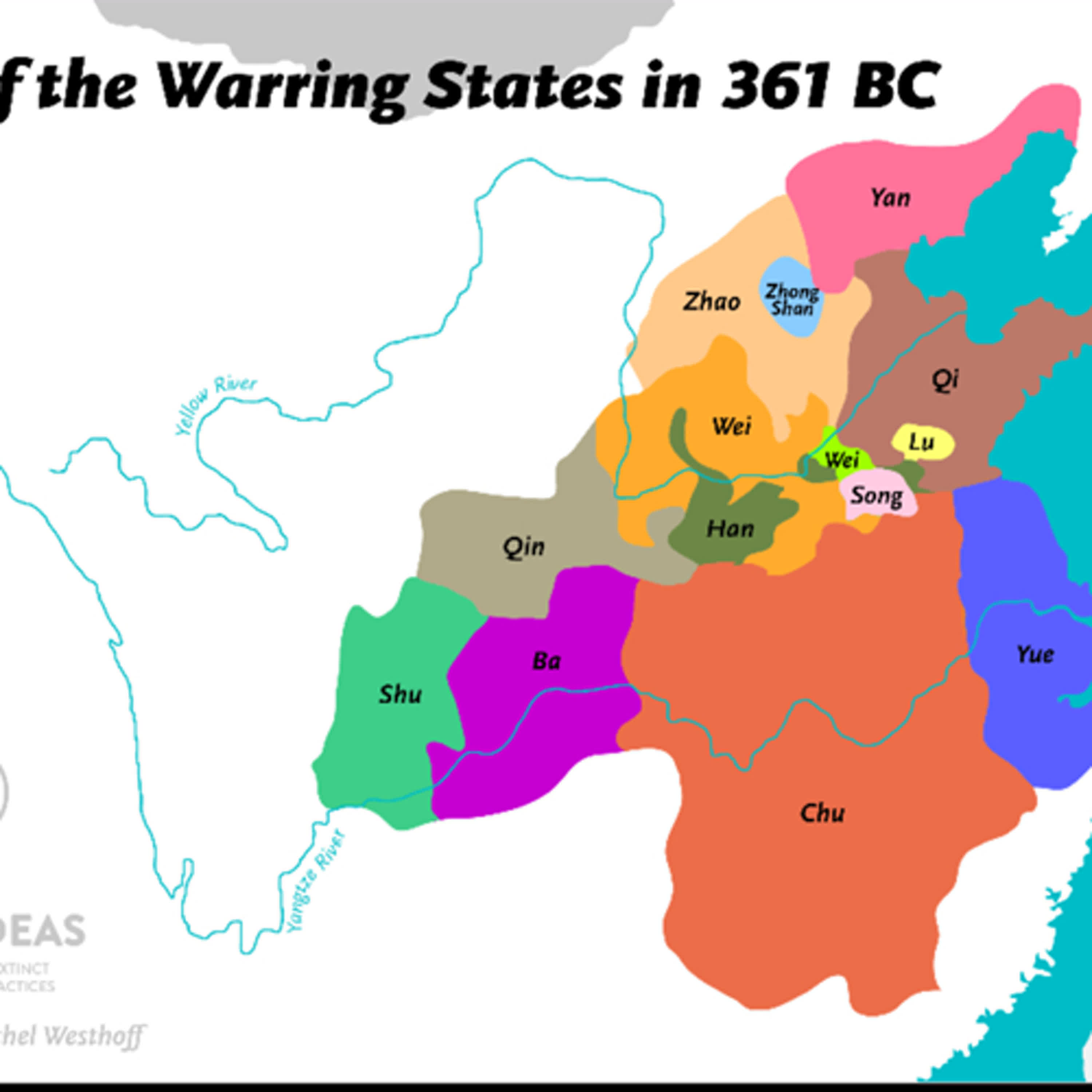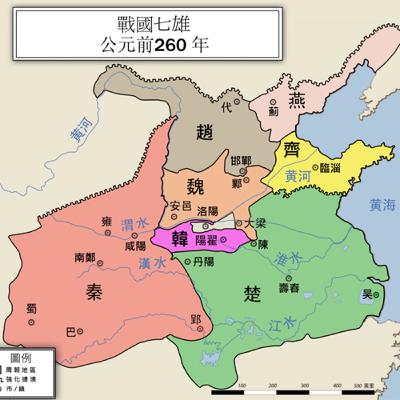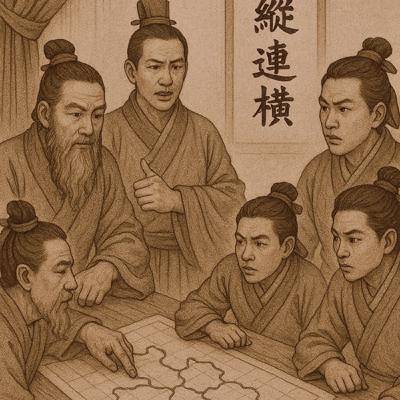A Strategic perspective on the Three Families Dividing Jin
Description
Chinese Historical Strategy: Three Families Dividing Jin (三家分晉)
Introduction
Hello friends! I'm starting a new series analyzing "Tongjian Jishi Benmo" (通鑒記事本末) - a detailed account of Chinese historical events. These ancient strategies remain relevant today for understanding power dynamics and protecting yourself in complex situations.
Note: This knowledge is for self-defense and awareness, not manipulation.
The Historical Event (456-453 BCE)
The Setup
In ancient China's Jin state, four powerful families served under the Duke:
- Zhi Family (智氏): Most powerful, chief minister
- Zhao Family (趙氏): Strong
- Wei Family (魏氏): Strong
- Han Family (韓氏): Weakest
The Strategic Mistake
The Zhi family initially allied with the other three to overthrow the Duke, but revealed their true plan: eliminate the allies afterward and rule alone.
The Counter-Move
Recognizing the threat, the three weaker families united against the Zhi family. Though individually weak, together they matched the Zhi family's power. They informed the Duke of the Zhi family's rebellion, gaining legitimacy for their cause.
Result: In 453 BCE, the three families defeated and eliminated the entire Zhi family.
The Final Division
The remaining families eventually grew tired of puppet rulers. In 403 BCE, the Zhou king officially granted them independent status, dividing Jin's territory and ending the Duke's rule.
Modern Workplace Applications
Your Strategic Options
Best Choice: Stay neutral - do your job well and avoid office politics entirely.
If You Must Choose a Side:
- Most Powerful Faction: Safe but limited benefits - you're not essential to them
- Weakest Faction: Risky but your contribution is valued highly
- Middle Faction: Balanced influence without excessive responsibility
Key Principles
- Create Balance: If only two factions exist, try forming a third with neutral parties
- Odd Numbers Work Better: Three factions give employees more bargaining power than two
- Know Your Position: Managers prefer even numbers of subordinate groups; employees prefer odd numbers of peer factions
Conclusion
The "Three Families Dividing Jin" teaches us that:
- Unity among the weak can overcome individual strength
- Revealing intentions too early can be fatal
- Power balances constantly shift and require careful navigation
Use these insights to protect yourself and understand complex situations - never to manipulate others.
Thank you for listening to this analysis of classical Chinese strategy.
#systems analysis#Strategic approach#Three families dividing Jin#balance of power#alliance#collaboration#Standing point#halls of power#survival
加入免費會員,更新資訊不漏接: https://open.firstory.me/join/ckeiik73n1k6i08391xamn9ho
小額贊助支持本節目: https://open.firstory.me/user/ckeiik73n1k6i08391xamn9ho
留言告訴我你對這一集的想法: https://open.firstory.me/user/ckeiik73n1k6i08391xamn9ho/comments
Powered by Firstory Hosting


